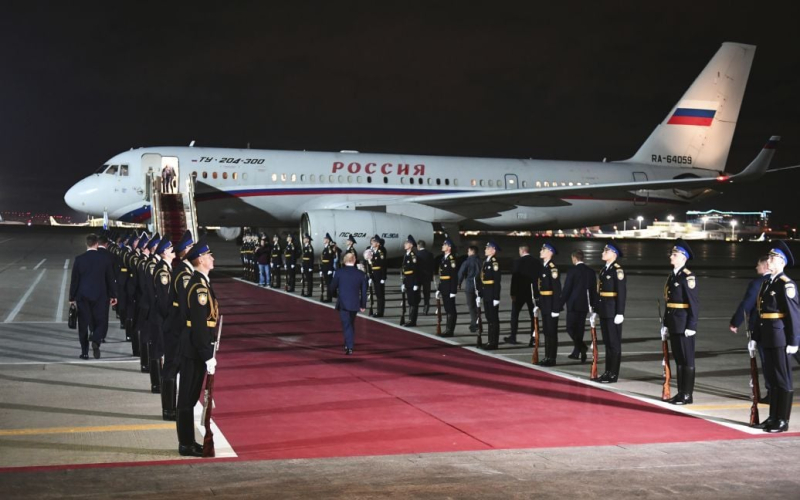
The Kremlin views the prisoner exchange as a pragmatic agreement in Russia's short-term interests.
The largest prisoner exchange between Russia and Western countries since the Cold War does not indicate a warming of relations and will not affect the approach of peace in Ukraine.
This is the conclusion reached by the American publication The Washington Post.
The publication recalled that the last major prisoner exchange between Moscow and the West took place in 1985, when Soviet reformist leader Mikhail Gorbachev signaled his readiness for more open relations. This eventually led to a meeting with US President Ronald Reagan in Geneva later that year.
This time, the Kremlin master Vladimir Putin is not demonstrating such openness in relations. He organized a triumphant return home of elite spies and an operative convicted of murder.
The fact that this event should not be linked to the likely approach of peace in Ukraine, Putin's spokesman Dmitry Peskov emphasized in a comment to the publication.
“If we are talking about Ukraine and more complex international problems, this is a completely different matter. The principles there are completely different. These are the principles of the national interests of our country, the interests of national security, and work there is being carried out in a different mode and according to different principles,” he said.
Russian analyst and founder of the political consulting company R. Politik Tatyana Stanova, who is currently in France, shares this opinion.
“There are no signs that the current exchange will facilitate peace talks on Ukraine. At the same time, it reflects the current situation, when each side is learning to live with mutual intransigence,” she said.
The publication concluded that there are no signs of a warming in US-Russian relations, since the Kremlin views the prisoner exchange as a pragmatic agreement in Russia's short-term interests.
Recall that the day before, on August 1, a prisoner exchange between Russia and the West took place in Turkey, during which at least 10 Russian political prisoners were released, as well as two Americans accused of espionage and a German citizen sentenced to death in Belarus.
Related topics:
More news

